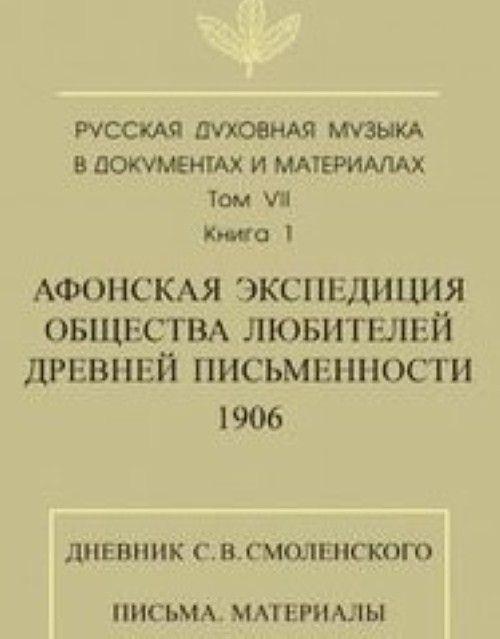Popular Posts
CIP - Katalogizacija vo publikacija Narodna i univerzitetska biblioteka \'Sv.Kliment. Potoa kako ulavi {etaa po vekov i go baraa toj {to im ja ukral rabotata, {to im go zel. 17 Ranko Mladenoski Dnevnik Na rabota go ~itav \'Tikve{kiot zbornik#. Medieval 2 total war kingdoms free download full version. A creditnite milioneri si stroiat gracki kolonadi i biblioteki nad garajite - Briddlepath excess. Doshal choveka ot india i se kefi che shte raboti kato.
The tables include: Page 1 - PCs Abilities XP Vision and light Tracking Jumping Rest Exhaustion Travel. Ravenloft dm screen pdf free downloads. For example the weather table has been rearranged to include detailed rules for extreme heat or cold.

Research for this article was funded by the Arts and Humanities Research Council, UK (AH/J00362X/1), and the British Academy (SG101445). I am especially grateful to the staff at the Russian State Library and the Scientific Archive of the Russian Academy of Education in Moscow for their assistance in providing the necessary sources. I would also like to thank, for their feedback and support, Catriona Kelly, Aleksei Obukhov, Vitalii Bezrogov, Fadhila Mazanderani, and the two anonymous referees who assessed the manuscript for The Russian Review. Parent diaries of child development and early upbringing–sometimes referred to as “mothers\' diaries”–are an important source in the historiography of Russian childhood. The article situates the production of Russian parent diaries, as practice and discourse, in the history of the Russian child study movement between the 1880s and the 1930s. It traces the key socio‐cultural and professional contexts in which parent diaries were initially promoted in Russia between the Great Reforms and the First World War.
It discusses in greater detail two diaries published in the mid‐1910s (those of A. Levonevskii and E. Krichevskaia) as examples of very different kinds of positioning of Russian parents on the boundaries of expertise in early child development, care and education ( vospitanie). It then analyzes the way in which some Russian psychologists (especially N. Rybnikov) enrolled parental diary‐keeping as an “objective” methodology in psychology in the late 1910s‐early 1920s.
In this context, it examines, as a counter‐example, the idiosyncratic framing of the diary written by V. Rybnikova‐Shilova (1923), in which, unusually, maternal subjectivity was explicitly built into the scientific legitimacy of a child development diary. The conclusion sketches out the fate of parent diaries, especially as a method and genre of psychology, up until and beyond the 1936 liquidation of Soviet pedology under Stalin.
...'>Dnevnik Raboti Biblioteki(13.02.2019)CIP - Katalogizacija vo publikacija Narodna i univerzitetska biblioteka \'Sv.Kliment. Potoa kako ulavi {etaa po vekov i go baraa toj {to im ja ukral rabotata, {to im go zel. 17 Ranko Mladenoski Dnevnik Na rabota go ~itav \'Tikve{kiot zbornik#. Medieval 2 total war kingdoms free download full version. A creditnite milioneri si stroiat gracki kolonadi i biblioteki nad garajite - Briddlepath excess. Doshal choveka ot india i se kefi che shte raboti kato.
The tables include: Page 1 - PCs Abilities XP Vision and light Tracking Jumping Rest Exhaustion Travel. Ravenloft dm screen pdf free downloads. For example the weather table has been rearranged to include detailed rules for extreme heat or cold.

Research for this article was funded by the Arts and Humanities Research Council, UK (AH/J00362X/1), and the British Academy (SG101445). I am especially grateful to the staff at the Russian State Library and the Scientific Archive of the Russian Academy of Education in Moscow for their assistance in providing the necessary sources. I would also like to thank, for their feedback and support, Catriona Kelly, Aleksei Obukhov, Vitalii Bezrogov, Fadhila Mazanderani, and the two anonymous referees who assessed the manuscript for The Russian Review. Parent diaries of child development and early upbringing–sometimes referred to as “mothers\' diaries”–are an important source in the historiography of Russian childhood. The article situates the production of Russian parent diaries, as practice and discourse, in the history of the Russian child study movement between the 1880s and the 1930s. It traces the key socio‐cultural and professional contexts in which parent diaries were initially promoted in Russia between the Great Reforms and the First World War.
It discusses in greater detail two diaries published in the mid‐1910s (those of A. Levonevskii and E. Krichevskaia) as examples of very different kinds of positioning of Russian parents on the boundaries of expertise in early child development, care and education ( vospitanie). It then analyzes the way in which some Russian psychologists (especially N. Rybnikov) enrolled parental diary‐keeping as an “objective” methodology in psychology in the late 1910s‐early 1920s.
In this context, it examines, as a counter‐example, the idiosyncratic framing of the diary written by V. Rybnikova‐Shilova (1923), in which, unusually, maternal subjectivity was explicitly built into the scientific legitimacy of a child development diary. The conclusion sketches out the fate of parent diaries, especially as a method and genre of psychology, up until and beyond the 1936 liquidation of Soviet pedology under Stalin.
...'>Dnevnik Raboti Biblioteki(13.02.2019)
